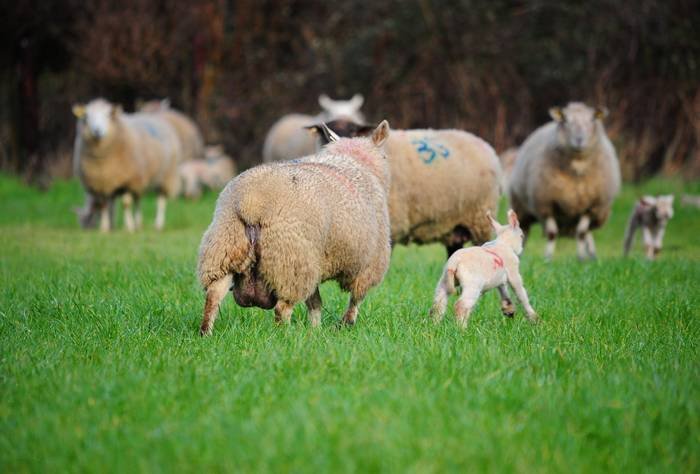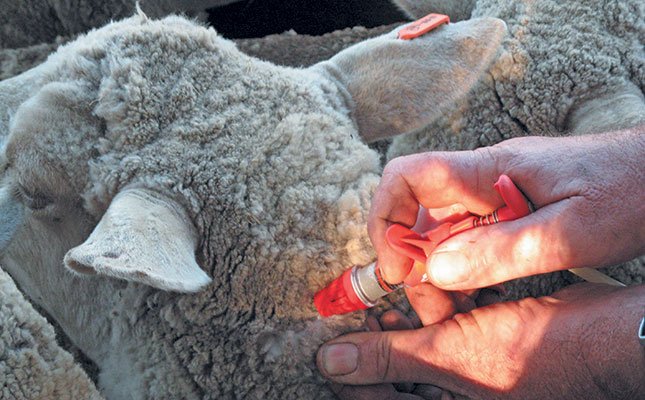
Sheeps are one of the most affordable animals in the world and can be accommodated in any kind of weather conditions. Sheep farming is the raising and breeding of domestic sheep. It is an agro entrepreneurial business venture that promises a likely high return on investment for the entrepreneur. Sheep are raised mainly for their milk, meat and fiber(wool). Small farms can provide suitable space for raising and breeding of sheeps. The major sources of income for Sheep farming will come from the sale of lambs and the shearing of sheep for their wool.
You must know your purpose of doing sheep farming, as it helps you make a choice of what breed to rear. There are those breeds of sheep that are all about the wool, while there are others that are moderate in this regard and is all about the mutton. Nonetheless whichever breed you choose to rear, you should do well to make enquiries as to its advantages. So that if you are after the wool or mutton, you would rear a breed that suits your need.
Importance of Sheep Farming
Source of livelihood
Raising/Rearing sheep will contribute a lot to the economy by providing local employment and import and export.
Advantages of Sheep Farming
They're cheap and affordable.
The main purpose of sheep farming is to produce enough meat and wool for increasing population.
Sheep’s milk is a specialty product often used for cheese production.
Since sheep eat more different type of plants than any other kind of livestock, they can turn waste into profit and at the same time improve the appearance of many farms (i.e. excellent weed destroyer)
Sheep manure is a valuable fertilizer, and since they are grazed on sub-marginal lands, their droppings are the only means of improving the growth of plants in such areas.
Challenges in Sheep Farming
Lack of water supply and poor drainage within the sheep farms leads to losses within the Sheep Farming Business.
Sheep require protection from predators. Guard dogs, electric fences and close supervision help keep sheep safe.
In rainy season and high humidity conditions, attack of various disease pests to the flock causes the death of Sheeps.
Improper nutrition supply to the Sheeps decreases the economic production.
Feed is one of the largest expenses for a sheep-raising operation. Pasture and hay provide most of the feed for the ruminant animals. Small farms do not allow the production of large amounts of feed and for a profit, it is necessary to find inexpensive sources of good-quality hay or suitable pasture for grazing.
Health/Medication:
The animal is more sensitive to diseases. They can be attacked by microbes that get into their system, or external organisms like lice and other ectoparasites that suck the nutrients from their bodies. A sound healthcare program with necessary vaccinations keeps the sheep healthy and productive.

Control Measures
Control measures must be taken to prevent them from being attacked by these diseases by improving the strength of the antibodies. There are vaccines meant to serve this purpose. Now this does not add to the cost of rearing the sheep so much as the vaccines are cheap, coupled with the fact that you do not have to administer them every time.